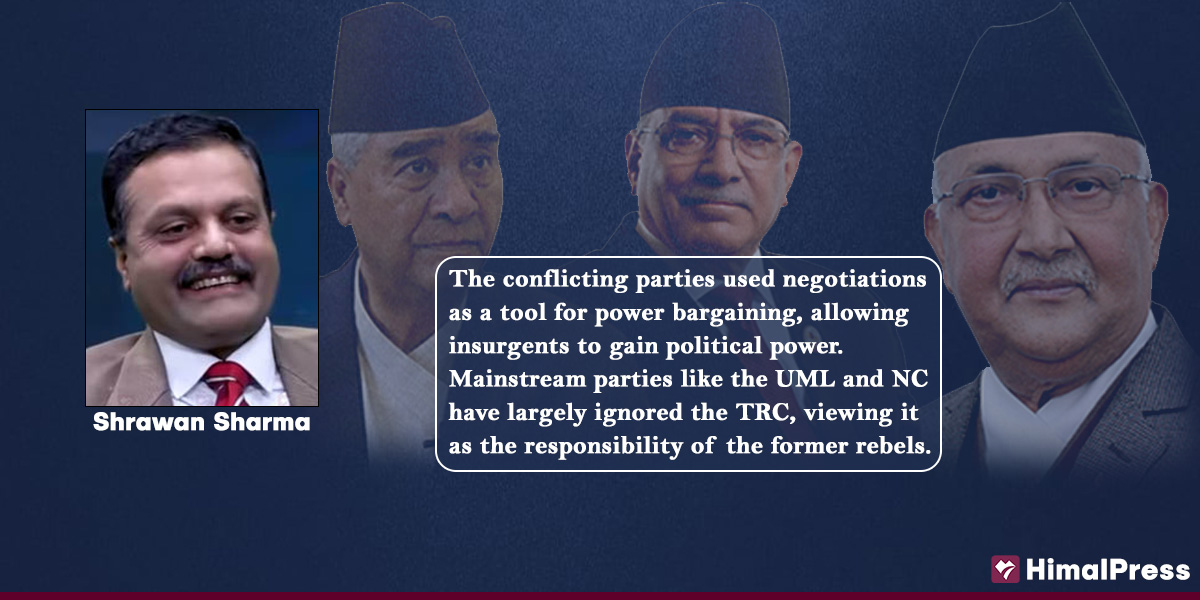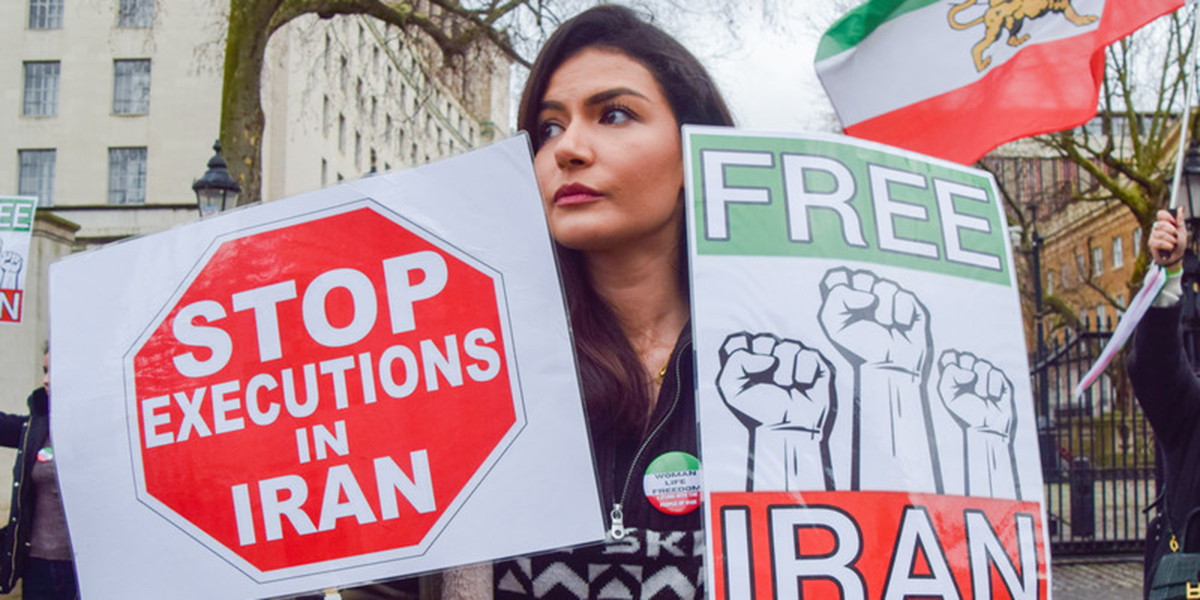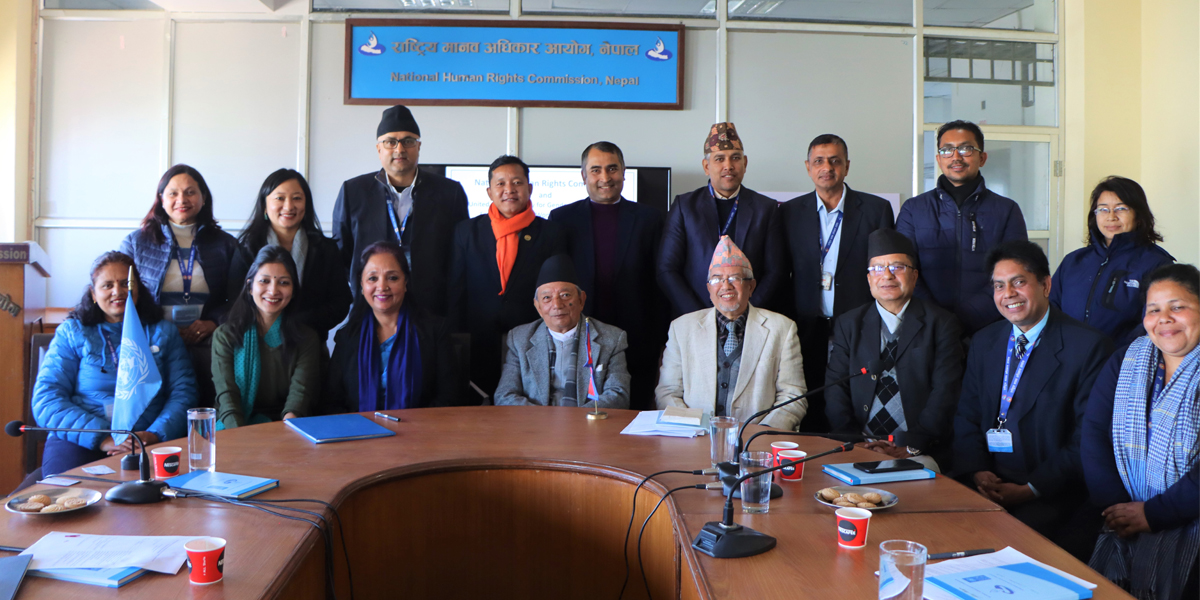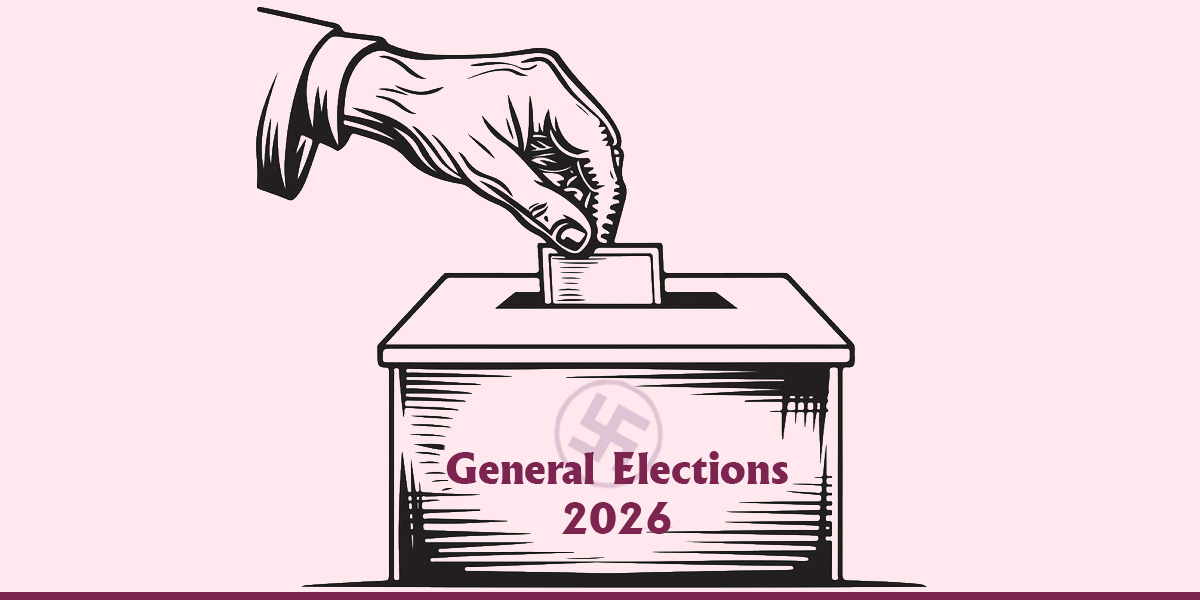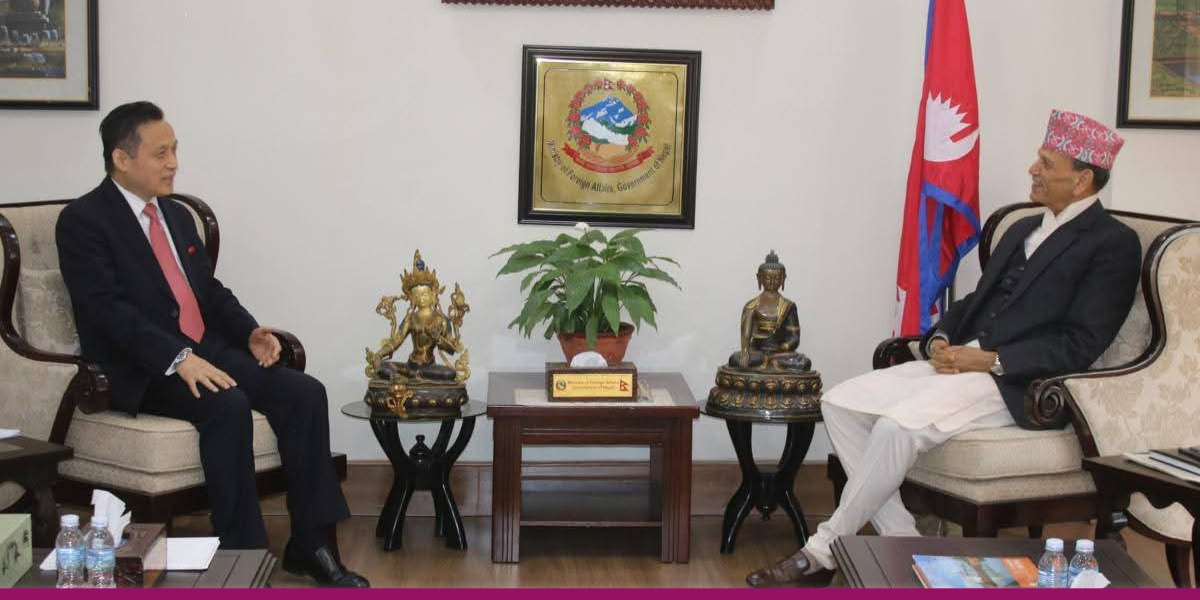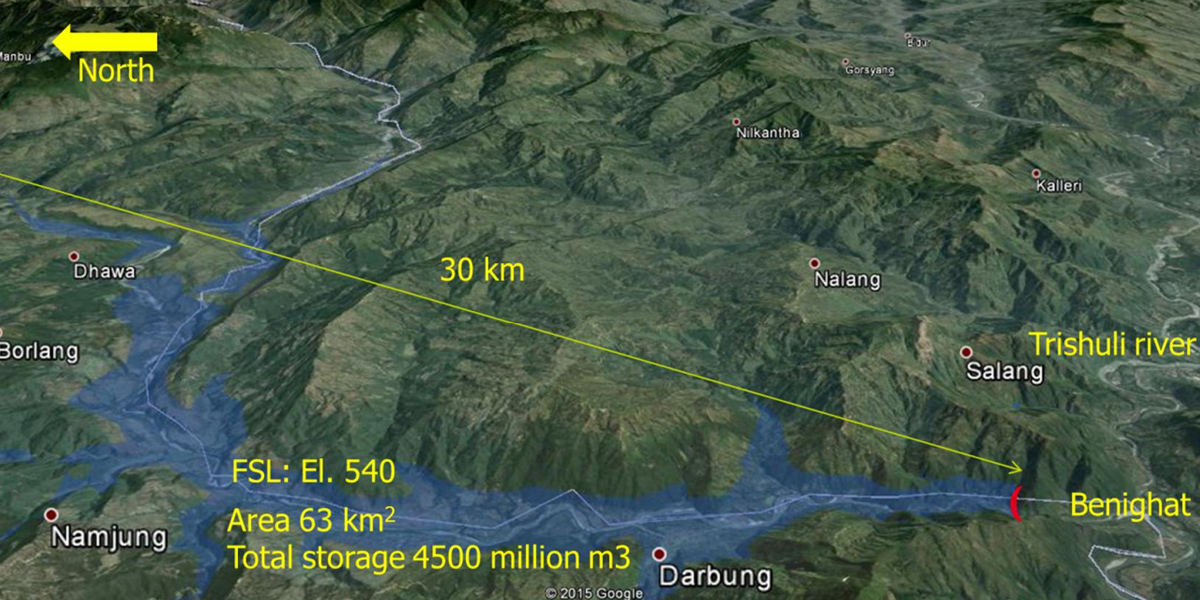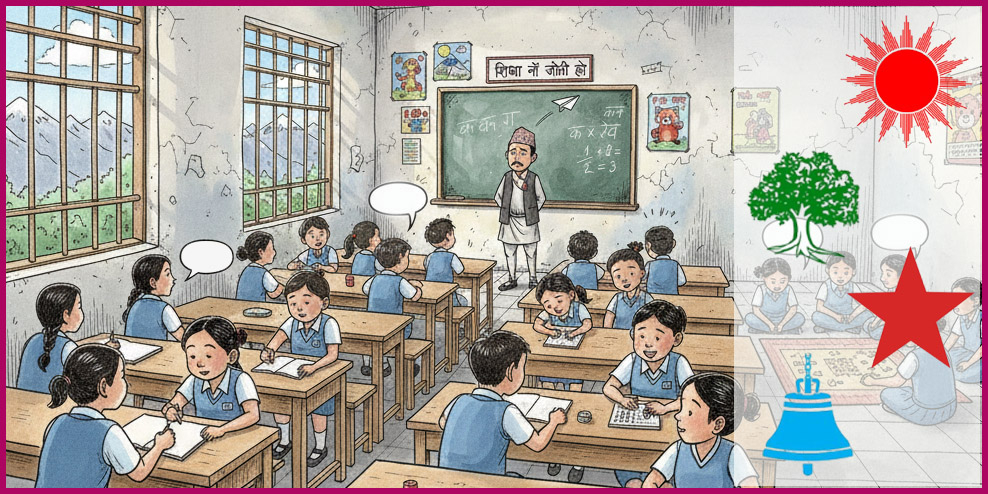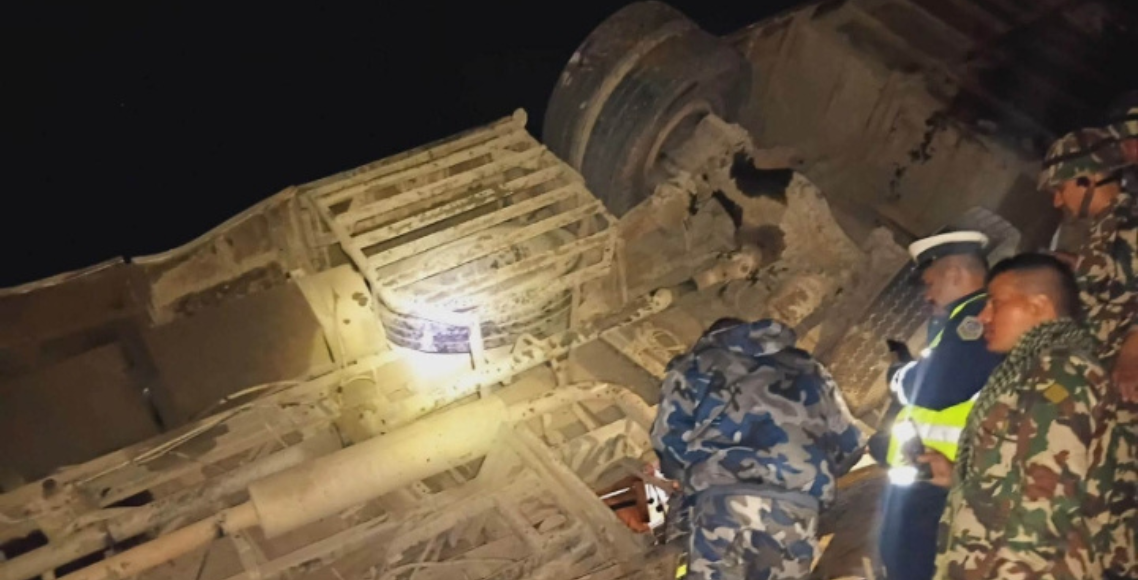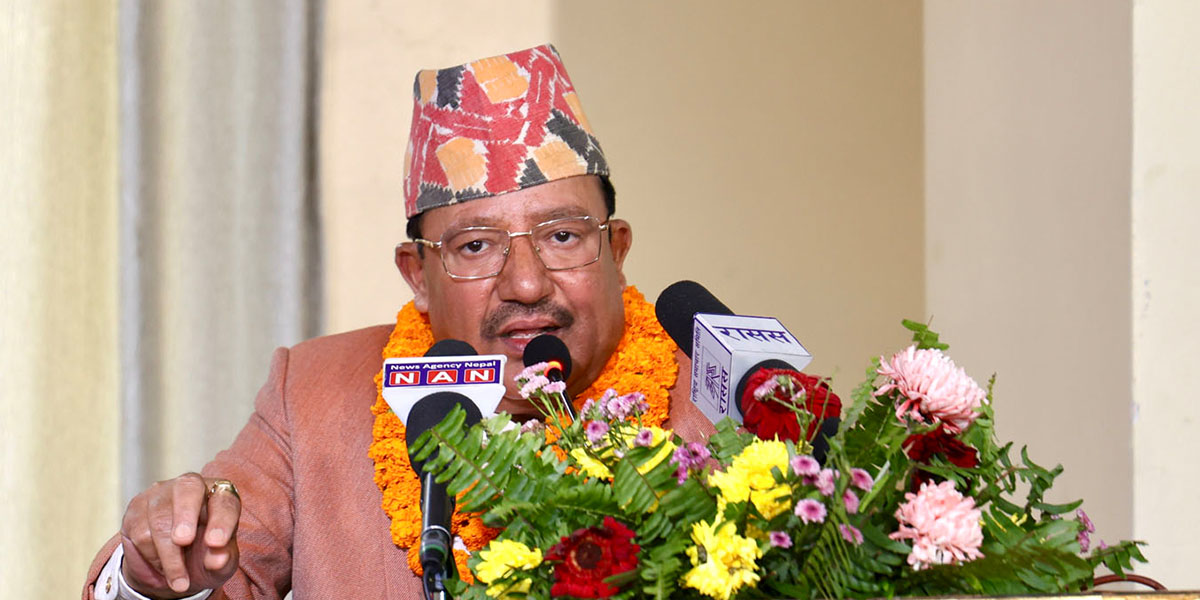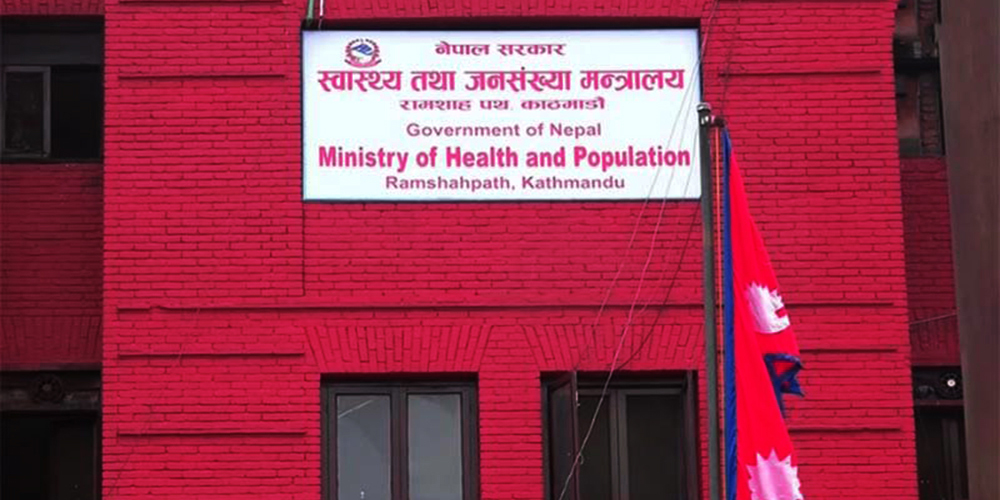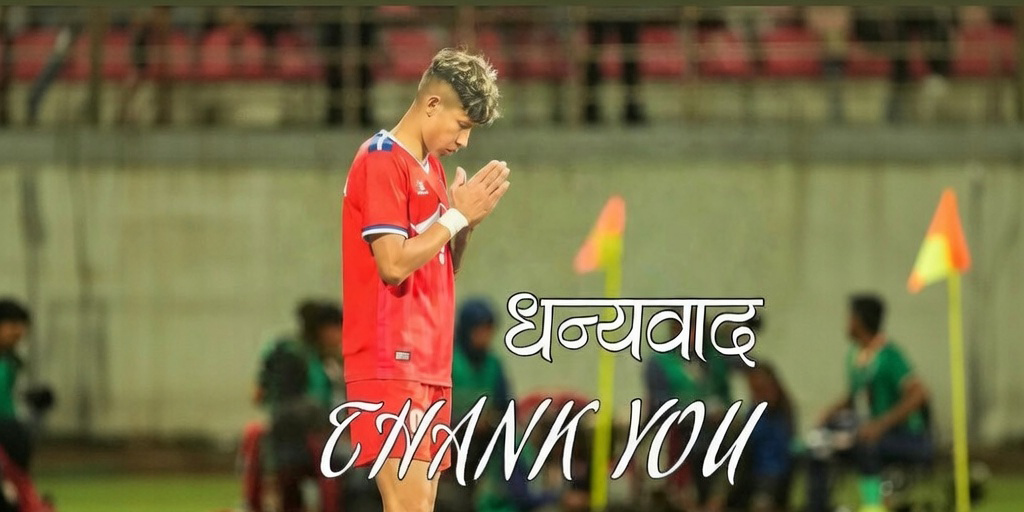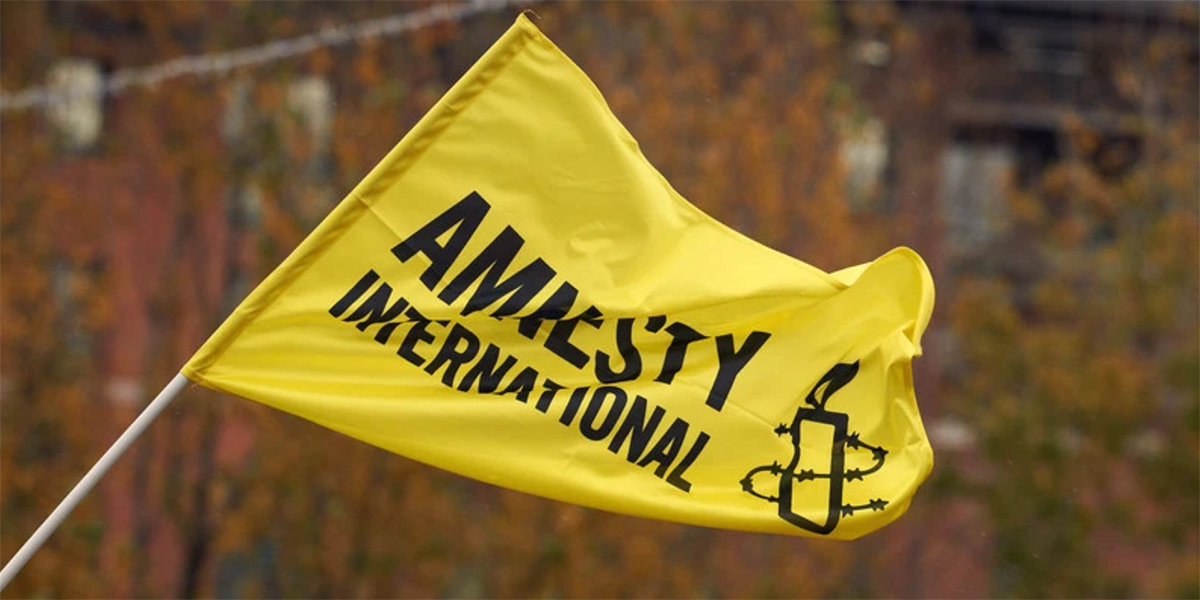
KATHMANDU: The world is reaping a harvest of terrifying consequences from escalating conflict and the near breakdown of international law, said Amnesty International as it launched its annual The State of the World’s Human Rights report.
The report released on Wednesday assesses human rights situation in 155 countries.
Issuing a statement after the launch of the report, Amnesty International warned that the breakdown of the rule of law is likely to accelerate with rapid advancement in artificial intelligence (AI) which, coupled with the dominance of Big Tech, risks a “supercharging” of human rights violations if regulation continues to lag behind advances.
“The report paints a dismal picture of alarming human rights repression and prolific international rule-breaking, all in the midst of deepening global inequality, superpowers vying for supremacy and an escalating climate crisis,” said Amnesty International’s Secretary General, Agnès Callamard. “Israel’s flagrant disregard for international law is compounded by the failures of its allies to stop the indescribable civilian bloodshed meted out in Gaza. Many of those allies were the very architects of that post-World War Two system of law.”
Alongside Russia’s ongoing aggression against Ukraine, the growing number of armed conflicts, and massive human rights violations witnessed, for example, in Sudan, Ethiopia and Myanmar – the global rule-based order is at risk of decimation, according to Callamard.
Amnesty International said it in the report that it found that political actors in many parts of the world are ramping up their attacks on women, LGBTI people and marginalized communities who have historically been scapegoated for political or electoral gains. New and existing technologies have increasingly been weaponized to aid and abet these repressive political forces to spread disinformation, pit communities against each other and attack minorities, it added.
The report also points to the expansive use of existing technologies to entrench discriminatory policies. States including Argentina, Brazil, India and the UK have increasingly turned to facial recognition technologies to police public protests and sporting events and discriminate against marginalized communities – particularly migrants and refugees.

 Himal Press
Himal Press 